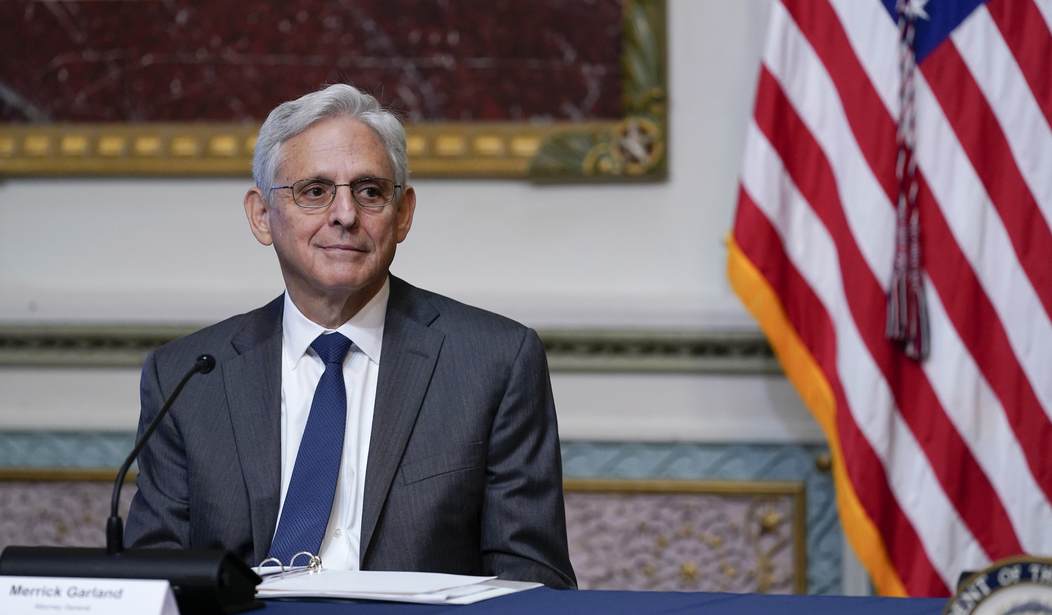Protesting in front of the private residence of a federal judge with the intent to influence their decision is a federal crime. But guidelines given to U.S. marshals assigned to guard the homes of Supreme Court Justices specifically said not to arrest protesters. Attorney General Merrick Garland previously told Congress that the marshals had a free hand when it came to making arrests.
The discrepancy was highlighted at a budget hearing on March 27 by freshman Sen. Katie Britt (R-Ala.), who pointed out that training materials for the federal marshals didn’t give them a “free hand” to arrest anyone.
The marshals were discouraged from making arrests because the “no protest” law might invite legal challenges.
Related: House Judiciary Report Highlights the DOJ’s Attack on Parents
Britt grilled Garland about the training materials given to marshals who were to guard the homes of justices.
“After your appearance before the Judiciary Committee, we obtained copies of the slide deck that was used to train and prepare the Marshals for their protective details at the home of the justices,” Britt said. “Those training materials show that the Marshals likely didn’t make any arrests under Section 1507 for a pretty simple reason — they were actively discouraged from doing so. As you can see on the slide behind me, the Marshals were explicitly told to avoid, unless absolutely necessary, any criminal enforcement actions involving the protestors.”
Britt continued, “The slides went on to say, they explicitly state, that making arrests and initiating prosecutions was not the goal of the Marshals’ presence at the homes of the Justices. And the ‘not’ was actually italicized and underlined.”
Garland said he was unaware of guidelines that directly contradicted his statement that marshals were free to make arrests but that he stood by his statement.
“I’m the first attorney general who has ever ordered Marshals to protect the residences of the Justices and protect them 24/7,” Garland said. “That’s their principal responsibility, but that doesn’t mean that they are in any way precluded from bringing other kinds of arrests.”
It should be pointed out that the leak from the Dobbs abortion case occurred in early May while Garland twiddled his thumbs for nearly three weeks before reluctantly granting security to the justices 24/7.
Republican lawmakers recently stepped up their complaints that the marshals have not acted aggressively enough to curtail noisy protests outside the homes of some conservative justices. At a Senate Judiciary Committee hearing earlier this month, Garland was pressed on why the marshals haven’t sought to arrest demonstrators under a federal statute prohibiting protests aimed at influencing federal court decisions.
“We are trying to protect the lives of justices. That is our principal priority,” Garland said on March 1. “Decisions have to be made on the ground about what is the best way to protect those lives.”
As long as the protesters are screaming at conservative justices, it’s not likely that any arrests at all will be made.










Join the conversation as a VIP Member